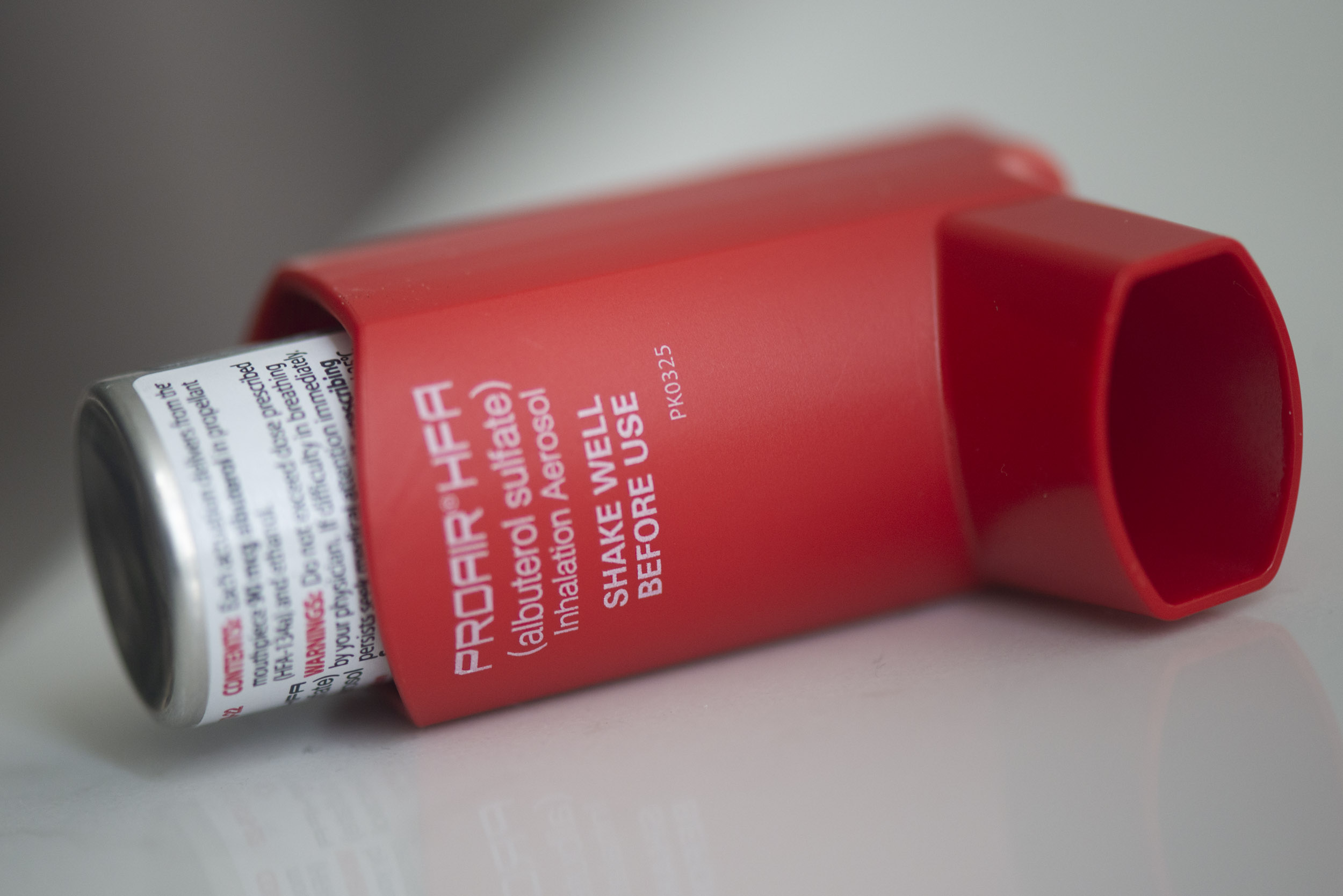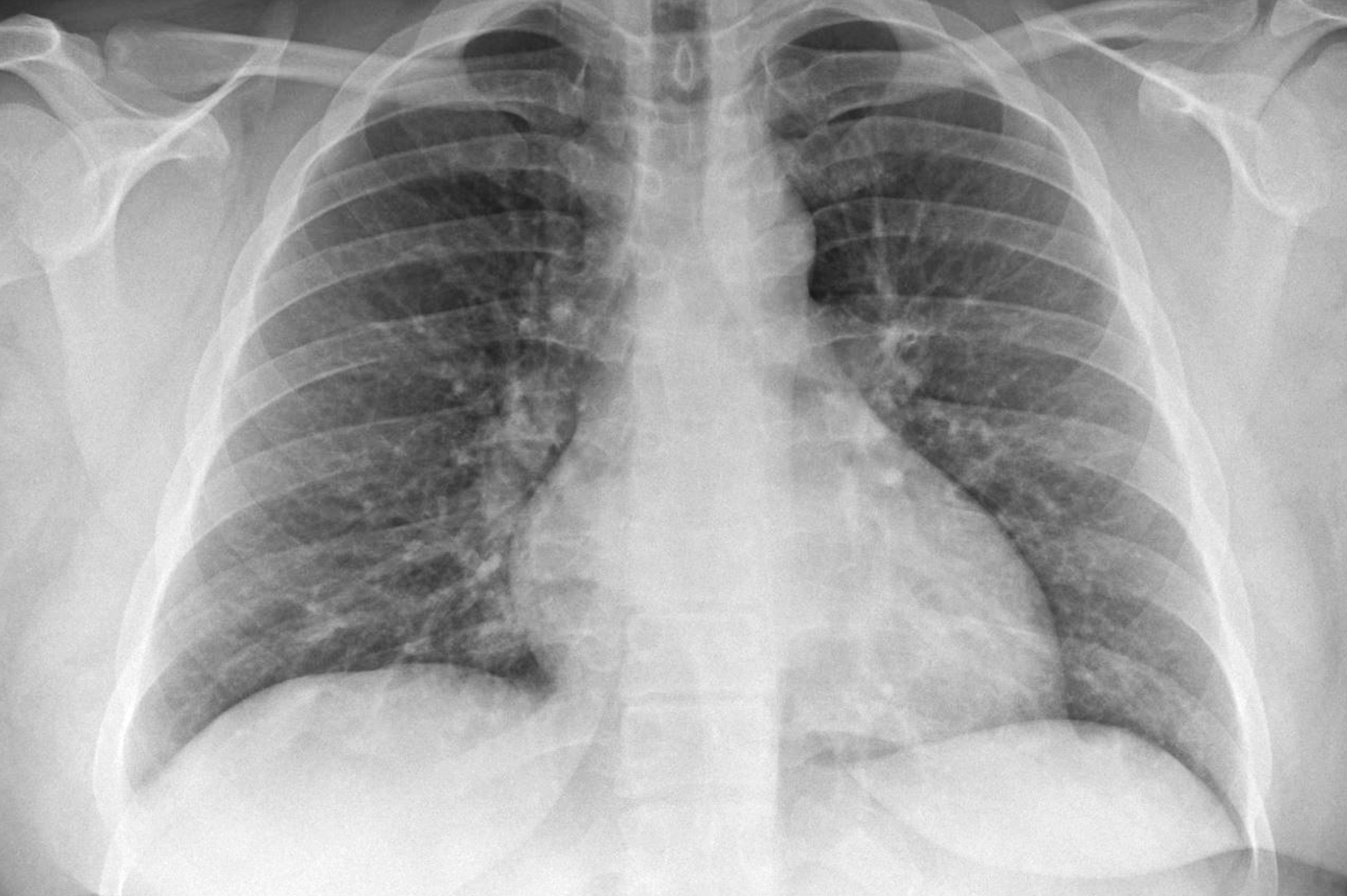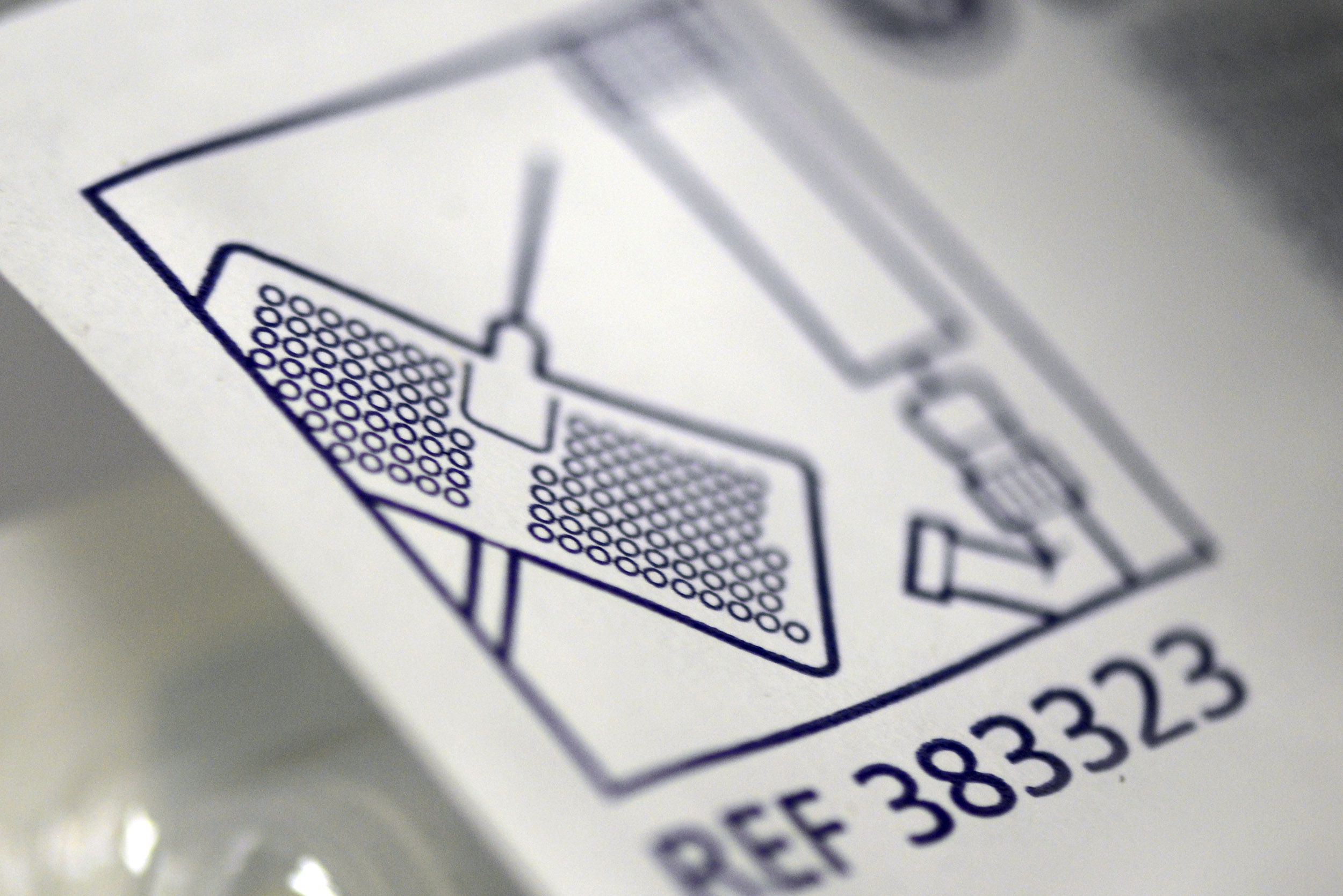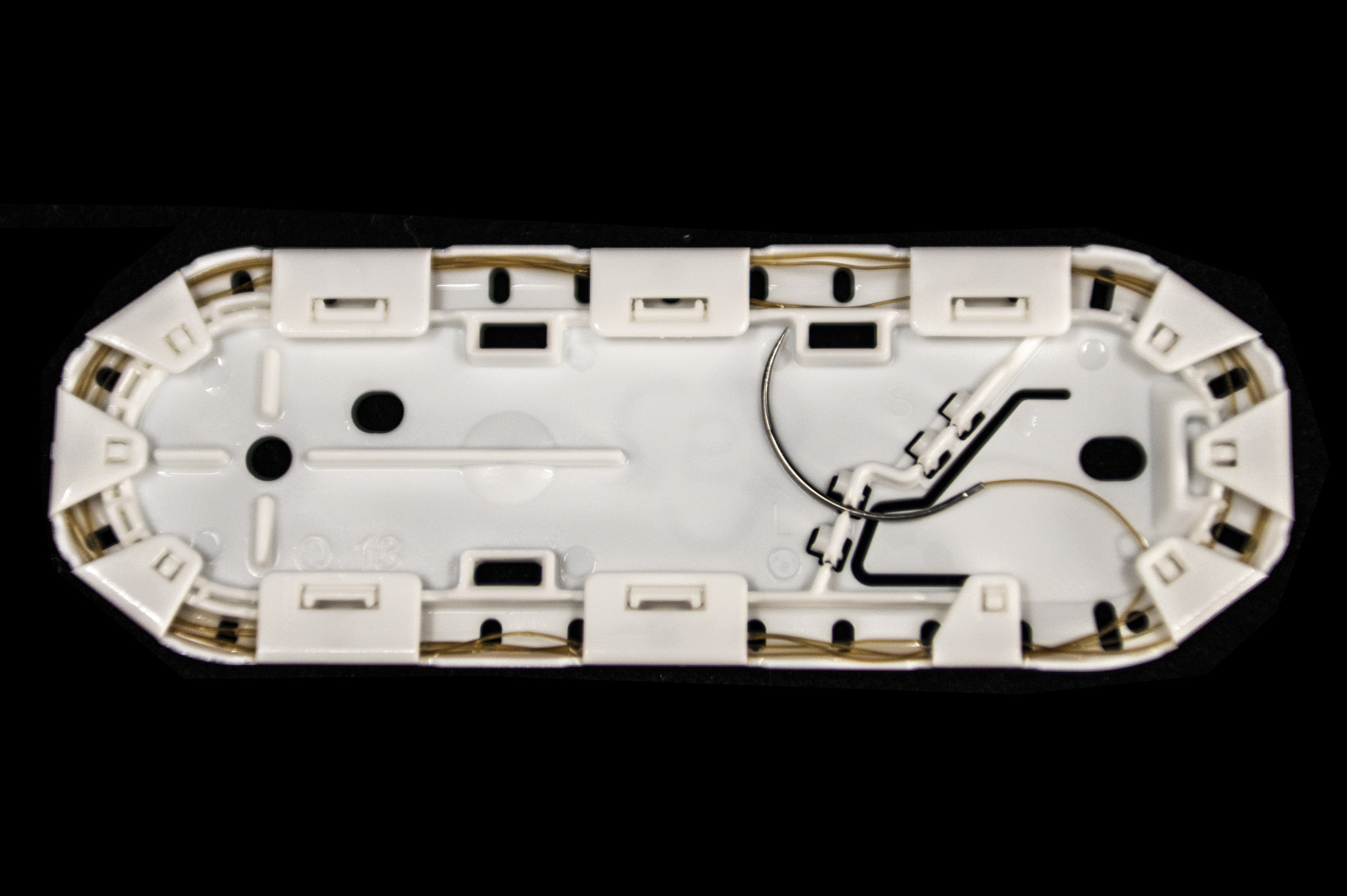Any surgery, but particularly plastic surgery, is a long term commitment. Dr. Belsley encourages all potential patients to critically evaluate both their present health and lifestyle when considering one of her procedures.
Assessing your present health means ensuring you are in the best possible physical shape to undergo a surgical procedure. You should be at your ideal body weight and not presently in the process of any major modifications or changes in diet, medication, lifestyle, etc. Any concerns or active changes in your life should be discussed at length with Dr. Belsley during the initial consultation. This is also an ideal time to consult your primary care physician and receive a full body physical.
Dr. Belsley aims to help you achieve your aesthetic goals with a focus on best practices and a commitment to your overall health and well-being. For this reason, you should arrive prepared to discuss your desired outcomes.
Obtain Medical Clearance for your proposed surgery
A medical clearance entails a formal evaluation and authorization from a physician concerning a patient’s health and well-being.
While it is necessary to ensure you begin this process in good health, Dr. Belsley will discuss in detail what components of the pre-surgical evaluation are necessary for your specific procedure. This means, pre-surgery is a good time to begin the self-evaluation and to check in with a primary care physician but a full medical clearance should not occur until after an initial consultation with Dr. Belsley.


Stop smoking and vaping
All forms of smoking and vaping that utilize any nicotine must be fully stopped for at least the six weeks preceding surgery and the six weeks following surgery. Nicotine takes a serious toll on the body, affecting the flow of blood and the skin’s capacity to heal. It can lead to infection and disfiguring post-surgical results.
Dr. Belsley’s practice screens for nicotine levels before every procedure. For health and safety reasons, surgeries can be canceled if Dr. Belsley finds the levels unacceptable.
Keep in mind, there are a myriad of ways to ingest nicotine beyond smoking cigarettes and vaping. Dr. Belsley encourages patients to be cognizant of all the ways nicotine could be entering the body.
When should I have my blood tests done?
Blood tests are an essential component to ensuring your overall health.
Dr. Belsley recommends waiting until after the initial consultation to have blood tests done. A variety of blood tests may be necessary before undergoing any procedure. She will determine with you what tests are required at minimum.


Make sure that you are caught up on your mammogram
A mammogram is an X-ray examination of the breast used to diagnose and detect breast disease.
Dr. Belsley will evaluate your candidacy for a proposed breast surgery based on your most recent mammogram—if one is indicated. This mammogram should not have been performed more than one year from the date of the scheduled surgery. Mammography, in general, is best performed annually and, if possible, at the same facility you previously visited.
Abnormal mammographic findings require evaluation and treatment by appropriate specialists before any of Dr. Belsley’s procedures may proceed. This process should be overseen by your primary care physician.
When will my result look final?
